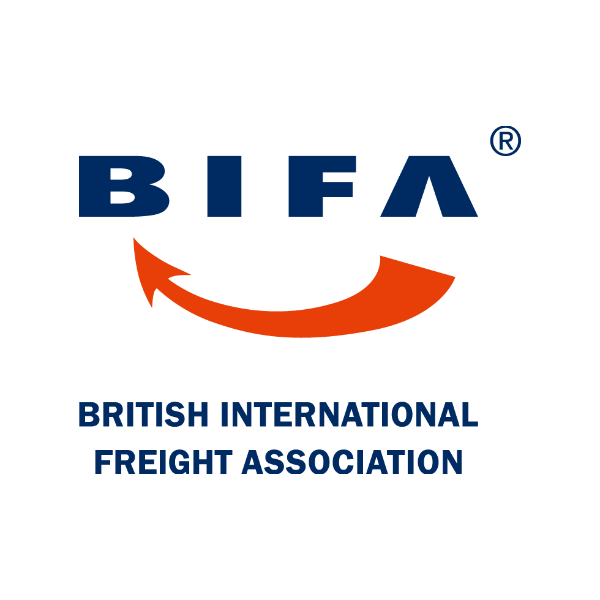Frequently Asked Questions
What is a freight forwarder?
Freight forwarding is a service used by companies that have a requirement to transport goods or personal belongings nationally, internationally or multi-nationally or who import and export goods internally or worldwide. While the freight forwarder may not actually move the freight itself, it acts as an intermediary between the client and various transportation services.
Sending goods and products from one national/international destination to another can involve a multitude of carriers, requirements and legalities. A freight forwarding service handles the considerable logistics of this task for the client, relieving what would otherwise be a formidable burden.
Why are shipping rates so changeable?
Market demand. Traditionally from December through to April, it is called the "slow season." Because the retail market slows down after Christmas. However from mid January through to early February there is an upsurge of cargo moving to beat the Chinese New Year deadline. This usually keeps rates high as there is always space problems for cargo getting on vessels. From May through to November is the "peak season" where there is a big demand for cargo movement, so the Carriers raise the rates during this period, with the GRI (general rate increase), and PSS (peak season surcharge).
Bunker Fuel costs. This is a floating surcharge that the Carrier's can change when oil prices rise or fall.
Terminal costs. This is when the Carrier has increases in costs when Terminal costs rise due to congestion problems, etc. The Carriers can add in new surcharges which have happened in the past and eventually get absorbed into the "all in " rate quoted.
What are the usual methods of freight payment?
Most freight payments are made with a Company bank transfer. Payment is expected prior to freight being released or delivered unless credit terms are in place.
What can I do to help prevent delays to the shipment?
Make sure your supplier overseas (on imports) or if you are the supplier for an export shipment, creates all of the necessary documents correctly (packing lists, commercial invoice, original bill of lading-OB/L) and in a timely fashion, so that all documents are provided with the necessary banks and sent to you (the importer) or your buyer-consignee on the B/L (if you are the exporter) at least one week before cargo arrives the destination. This ensures everything can be processed through customs ahead of schedule and freight can be paid along with presentation of the original B/L. A factor that slows this process down is when there are discrepancies between the buyer and supplier and since the goods are not paid for, the OB/L has not been surrendered by the Supplier to the Consignee (buyer)
Can you ship my vehicle internationally?
Yes, we can ship jus about anything!
Can you offer customs clearance?
Yes, we can customs clear your goods at all of the major UK Ports and Airports.
Does shipment size matter?
It will have a bearing on cost and sometimes (particularly with airfreight) which shipping modes should be used. Most shipments are charged on either the weight or volume, whichever leads to the higher chargeable weight by volume.
How is changeable weight calculated?
Just give us all three dimensions and we will calculate the chargeable weight for you.
Do you have a warehouse where I can drop off the cargo?
Yes, we have receiving warehouses near most major ports and airports, in the UK and overseas.
Please let us know your cargo location and we will advise you the closest receiving warehouse.
What are some of the destination charges?
Depending on the shipment terms there could be destination charges such as handling, customs clearance and onward delivery. Duty/VAT is payable for goods arriving in the EU with similar taxes overseas. Also Customs authorities might wish to X-Ray or examine your goods which might incur local charges.
What are your Terms and Conditions?
Standard BIFA industry terms and conditions apply.
Do you handle international household moves?
Yes. However we are not an international removal company. We can help you ship but we can't help you load. An empty container can be delivered to your premises and you will be responsible for loading it properly.
GET A QUOTE
Get a Quote Home
We will get back to you as soon as possible.
Please try again later.
Outpace Logistics
Website design by Website Sorted




